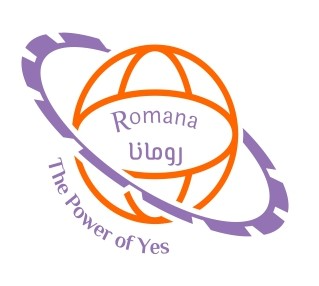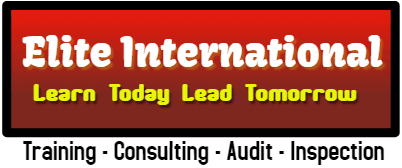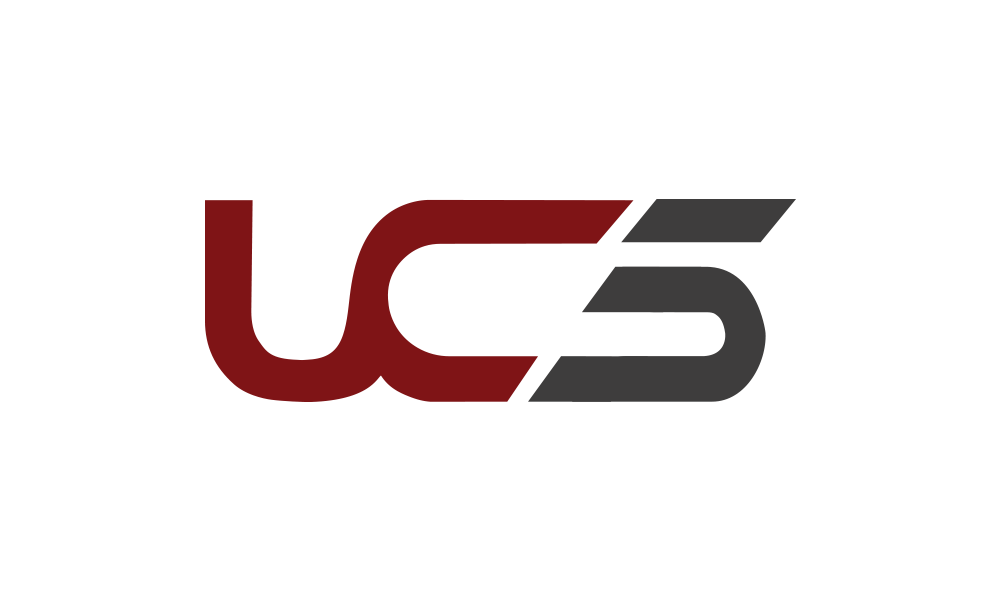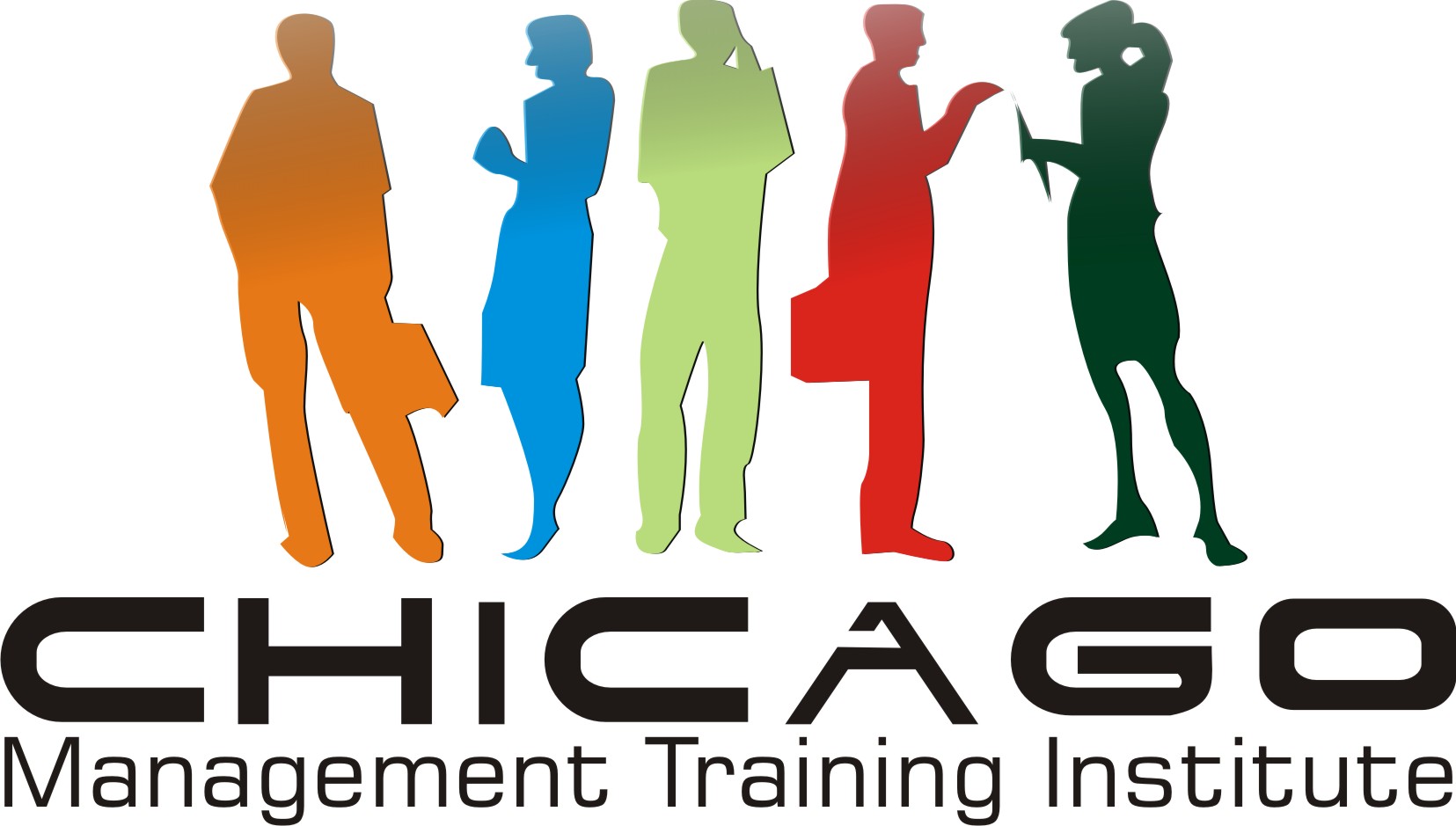Supervisory staff overseeing electrical works play a critical role in ensuring the safety of workers, compliance with safety regulations, and the successful execution of electrical tasks. This training equips supervisors with the knowledge and skills to effectively manage electrical operations, miti

1. Roles & Responsibilities of Supervisors
Ensure Safety Compliance: Supervisors must ensure that all electrical operations comply with safety regulations, including OSHA standards and National Electrical Code (NEC) guidelines.
Oversee Work Practices: Supervisors are responsible for ensuring that workers follow safe practices when handling electrical systems, machinery, and equipment.
Monitor Electrical Safety: Actively monitor electrical works to prevent hazards such as electric shock, arc flash, and equipment failure.
Training & Education: Supervisors must ensure that all workers are adequately trained in electrical safety practices, proper PPE use, and emergency procedures.
2. Risk Assessment & Hazard Identification
Conduct Job Safety Analysis (JSA): Supervisors should perform a JSA before starting any electrical work to identify hazards such as exposed live wires, faulty equipment, or poor ventilation.
Electrical Hazards: Supervisors must be knowledgeable about electrical hazards like arc flash, electrocution, fire, and explosions, and implement effective risk control measures.
Assess Work Environment: Evaluate the work environment to ensure it's free from hazards like wet conditions, poor lighting, or obstructed exit routes that could increase the risk of electrical accidents.
3. Electrical Safety Regulations & Standards
OSHA Standards: Supervisors must be familiar with OSHA’s 1910.332 (Training Requirements for Electrical Safety) and 1910.303 (Electrical Safety-Related Work Practices) to ensure safe electrical work practices.
National Electrical Code (NEC): Ensure that all electrical installations and works are compliant with the NEC to prevent accidents and ensure proper electrical system design.
Lockout/Tagout (LOTO): Supervisors must enforce LOTO procedures to ensure that equipment is de-energized before maintenance or repair work begins.
4. Safe Work Practices & Procedures
Establish SOPs (Standard Operating Procedures): Develop and enforce SOPs for electrical tasks, ensuring consistency in safety practices, equipment handling, and emergency procedures.
Permit-To-Work Systems: Supervisors should oversee the implementation of permit-to-work systems for high-risk electrical operations, ensuring proper precautions are taken before starting work.
Personal Protective Equipment (PPE): Supervisors must ensure that workers are using appropriate PPE, including rubber gloves, insulated tools, flame-resistant clothing, and eye protection to minimize injury risks.
Safe Use of Tools & Equipment: Supervisors should ensure that all electrical tools and equipment are regularly inspected, properly maintained, and used according to manufacturer instructions.
5. Emergency Procedures & Response
Incident Reporting: Supervisors must establish and monitor a system for reporting electrical accidents, near-misses, or unsafe practices, ensuring quick resolution and prevention of future incidents.
Emergency Response Plan: Supervisors should develop a clear emergency response plan in the event of electrical accidents, including electrocution, arc flash, or fires. The plan should include CPR, first aid, and fire extinguisher use.
Electrical Fire Safety: Supervisors must ensure that the proper fire extinguishers (Class C for electrical fires) are available, and workers are trained in using them.
First Aid & CPR Training: Supervisors should ensure that key personnel are trained in first aid and CPR to provide immediate assistance in case of electrical accidents.
6. Monitoring & Supervision
Worksite Inspections: Supervisors should conduct regular inspections of electrical worksites to ensure safe practices are being followed, and that safety equipment, signage, and protective barriers are in place.
Corrective Actions: If unsafe practices or conditions are identified, supervisors must take immediate corrective actions, including re-training workers, replacing damaged equipment, or halting unsafe operations.
Communication: Supervisors should maintain open communication with workers to discuss potential hazards, safety concerns, and updates to safety procedures.
7. Electrical System Maintenance & Inspection
Routine Inspections: Supervisors should ensure that electrical systems, including wiring, transformers, and circuit breakers, are regularly inspected and maintained according to industry standards.
Preventative Maintenance: Implement a preventative maintenance program to ensure that electrical equipment is functioning properly and is free from wear and tear that could cause safety hazards.
Reporting & Documentation: Supervisors are responsible for maintaining accurate records of inspections, repairs, and any incidents or safety concerns for auditing and compliance purposes.
8. Certification & Refresher Training
Initial Certification: Supervisory staff should undergo certified electrical safety training to understand basic electrical safety principles, hazard identification, and emergency procedures.
Refresher Training: Refresher training is essential to ensure supervisors stay up-to-date with the latest electrical safety standards, new technology, and the latest industry regulations.
In today’s dynamic business environment, maintaining compliance, safety, and quality is essential for success. Romana Skills Training LLC is a KHDA & Dubai Municipality-approved training and consultancy provider dedicated to helping businesses enhance safety standards, meet regulatory requirements, and drive operational excellence.
We offer expert-led training and consulting services in Food Safety (HACCP, ISO 22000), Health & Safety (HSE), Quality Management, and Environmental Compliance, ensuring that organizations across various industries—food manufacturing, hospitality, healthcare, construction, and more—achieve full regulatory compliance and operational efficiency.
With a strong focus on tailored solutions, we empower businesses with practical knowledge and strategies that reduce risks, improve workforce competency, and enhance overall performance. Our commitment to excellence and continuous improvement has helped numerous clients meet Dubai Municipality, ISO, and global safety standards successfully.
Partner with Romana today and unlock excellence in safety and compliance!
(Institute Review)
55 years ago(Institute Review)
55 years ago
Training course providing sufficient knowledge to lead efficient HAZOP studies.

This course on 'Ammonia Handling' will give you orientation on how to safely handle Ammonia with proper safety measures. It includes safety concern for you, people working or moving around you and also the environmental effects like fire etc

This 'Confined Space Entry & Testing for Gases' training will provide the delegates with adequate knowledge and understanding of health and safety measures in relation to Confined Space Entry and Testing for gases.

Learn about improving the health and safety performance of your firm by understanding and conforming to the ISO 45001:2018 Occupational Health and Safety Management System (OH&S MS). It covers the requirements, definitions and key terms of I

Safety professionals, who are having 1- 5 years’ experience in safety management or related are eligible to take ASP®/CSP® certification. ASP®/CSP® is becoming a right certification for the people in safety management field in recent years.
© 2025 www.coursetakers.ae All Rights Reserved. Terms and Conditions of use | Privacy Policy